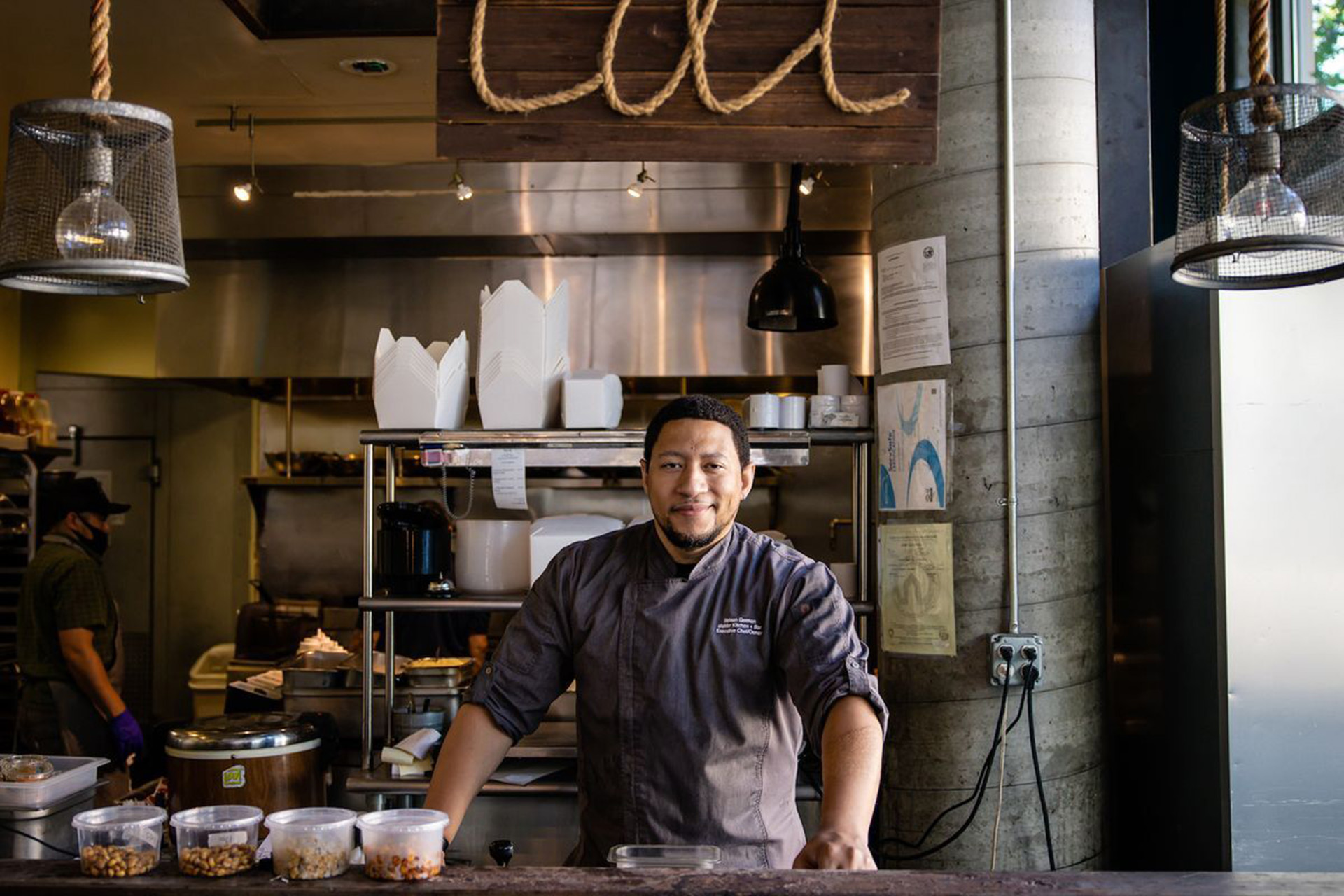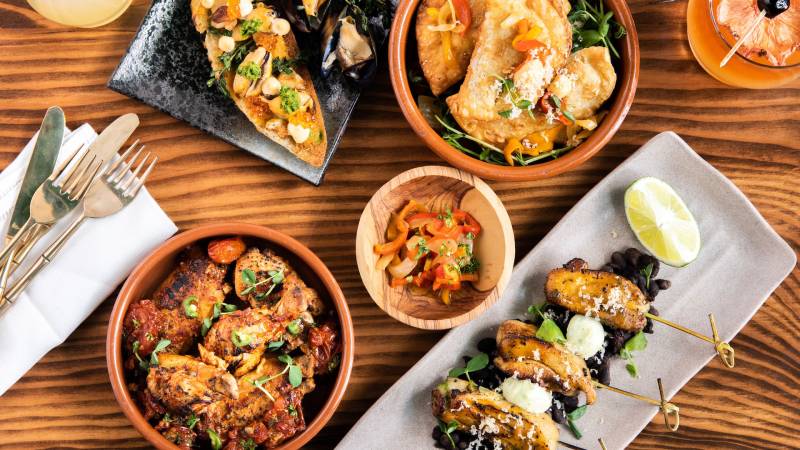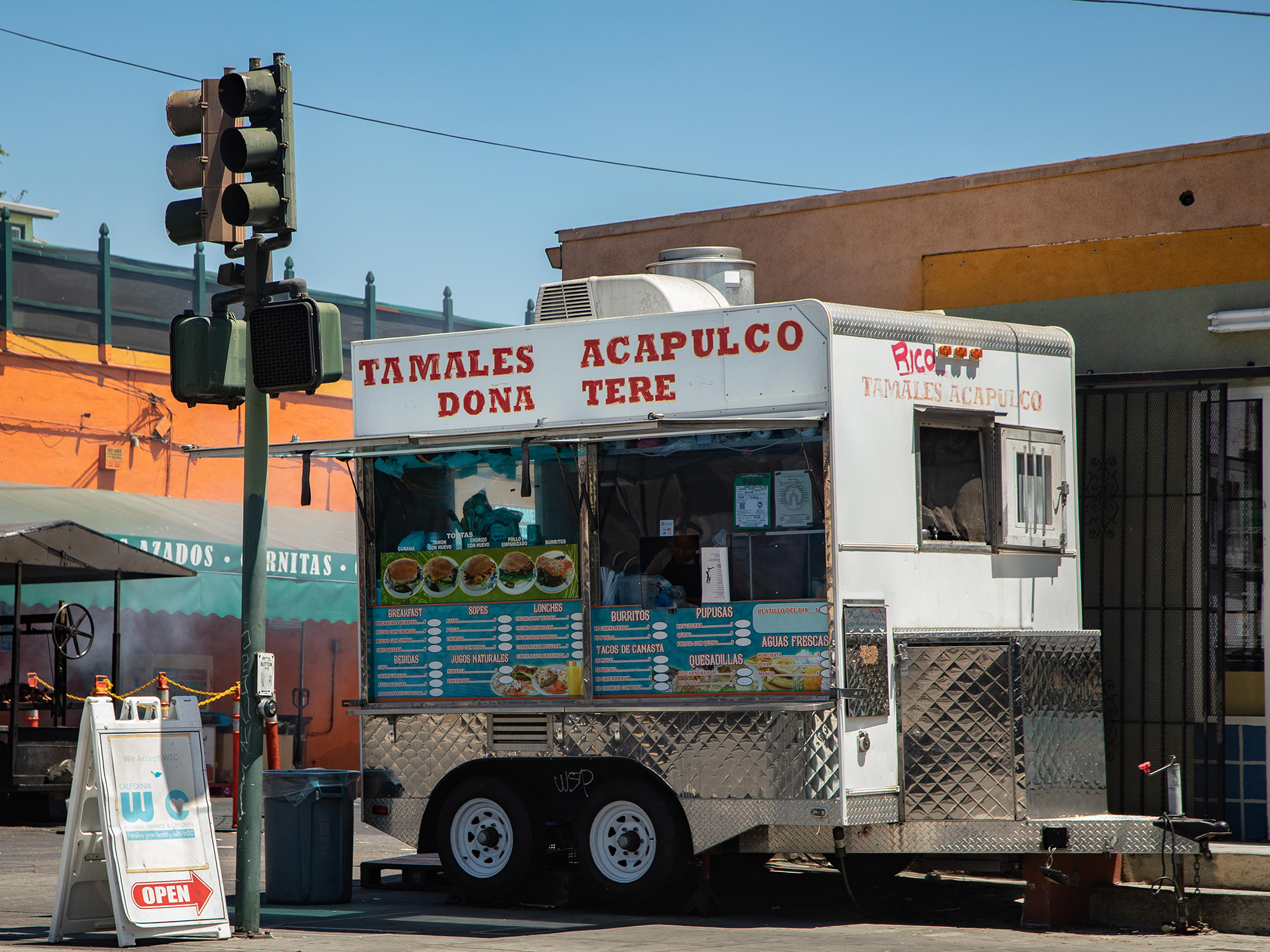When Chef Nelson German opened his first Oakland restaurant, alaMar, a seafood-forward concept, he said it encapsulated a part of himself — the one forged in the hustle of working at New York City restaurants and abroad.
“I was focusing on what worked in the past, to do certain types of cuisines in order to be known and be recognized,” he said.
But as German spent more time in Oakland, he decided that what he really wanted to do was dig into his Dominican roots. So, he rebranded the business as alaMar Dominican Kitchen — currently the only Dominican restaurant in the Bay Area.
German belongs to a generation of Oakland chefs who are rooting for the city. They acknowledge the many problems it faces — crime, homelessness and political unrest — but are steadfast in the promise of the Town’s vibrant food scene. And apparently food lovers around the country agree: Oakland was recently recognized as the number one food city in the United States by Condé Nast Traveler’s annual reader’s choice award. It was the only city on the entire West Coast to make the list.

The accolade took particular note of Oakland’s “diverse food scene.” Just across nearly 80 square miles, you can find a vast variety of cuisines represented. Most other major cities have that. But German and other chefs who spoke with KQED say the city’s culinary offerings are in their own realm.



